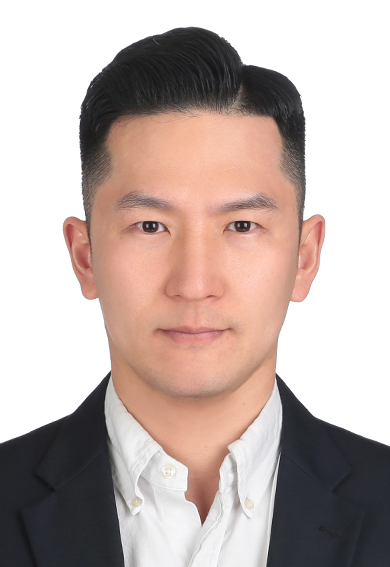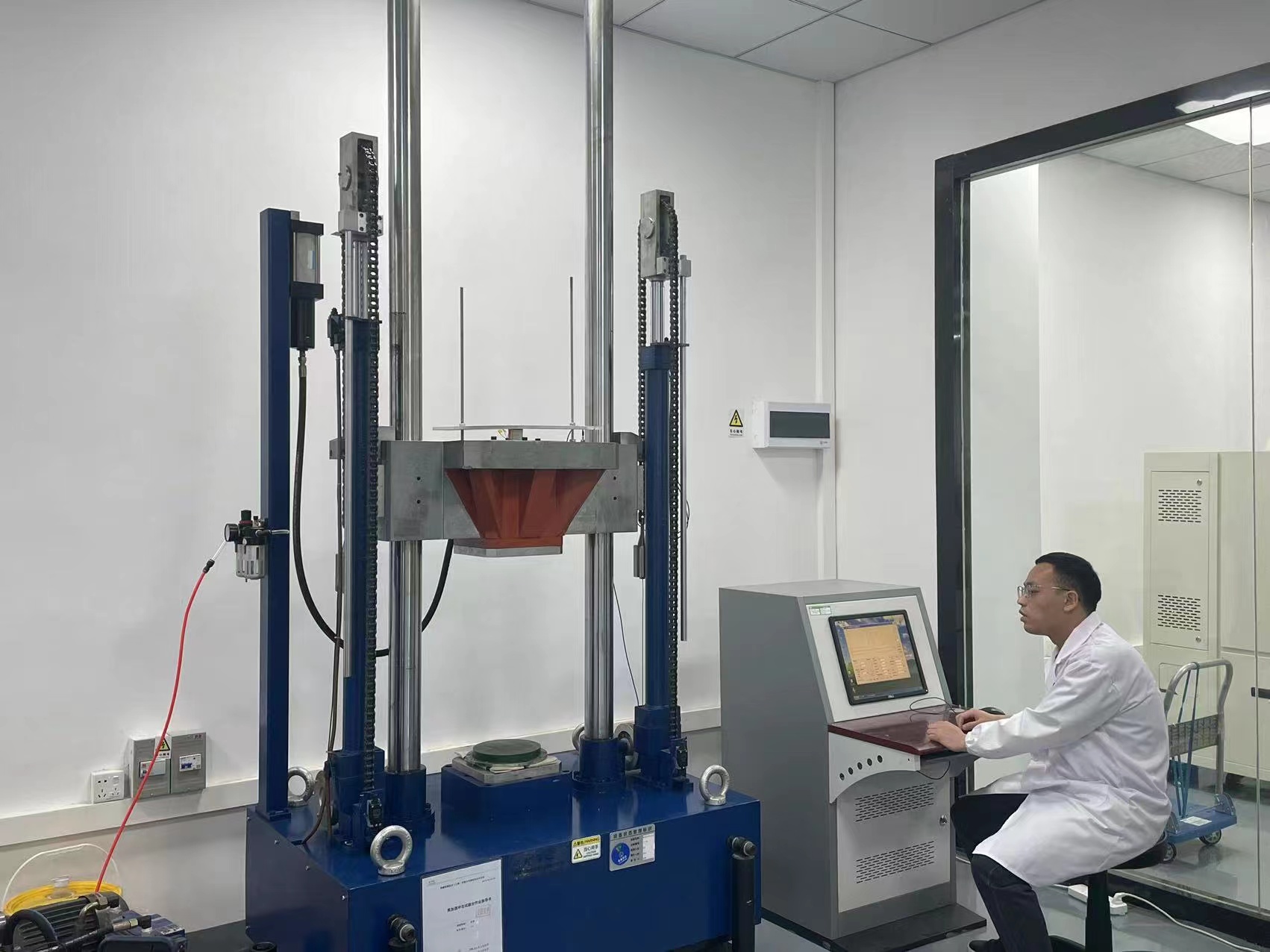[Opinion] The role of 'Shenzhen,' Asia's Silicon Valley, and testing certification in the innovation city

We enter the destination through the mobile application and request a taxi. When the taxi arrives, there is no driver. Upon entering the authentication code, the door opens, and upon boarding the taxi, it departs for the destination. This is the appearance of autonomous taxis currently being commercialized in Shenzhen, China.
Established as China's first economic special zone in 1980, Shenzhen, which ranked third in China's Gross Domestic Product (GDP) after Shanghai and Beijing, has grown significantly. According to Guangdong Province's GDP unified accounting results, Shenzhen's GDP reached 32.388 trillion yuan (approximately 600 trillion won) in 2022.
Shenzhen, considered the Mecca of Chinese technological innovation, allows all payments to be made through mobile phones. "Life without a wallet" has long been a reality. City buses and taxis are all electric vehicles. Even motorcycles can only operate electric models. The story of a YouTuber assembling an iPhone by purchasing parts one by one from the world's largest electronics market, Huaqiangbei, is well-known.
Shenzhen, known as Asia's Silicon Valley, is home to headquarters of China's most innovative companies such as Tencent, BYD, and DJI. It has attracted numerous startups overflowing with technology and creativity based on advanced Information Technology (IT) infrastructure.
Moreover, through China's national certified entrepreneurship accelerators such as the Greater Bay Area, startups can receive support ranging from designing new products to supply chain management, marketing, and investment. Hundreds of companies are established, and tens of thousands of new products are developed every day.
Many South Korean companies including Samsung, LG, and SK are expanding into various parts of China including Shenzhen, and enhancing cooperation with local companies. As of last year, the annual exports to China reached approximately $632.7 billion.
Countries worldwide utilize testing and certification systems to ensure the safety and performance of products, aiming to protect their citizens and foster domestic industries. Therefore, the final step in launching new products is certification in the target market. Especially in countries or cities where there is a high sensitivity to technological changes and frequent releases of innovative products and services, testing and certification become crucial driving forces for realizing a "safe and reliable society".

The Shenzhen Testing Laboratory of Korea Testing Certification (KTC) was designated as an International Certified Testing Laboratory (CBTL) in the field of secondary batteries by the International Electrotechnical Commission (IECEE) last year. A researcher from the Shenzhen Testing Laboratory conducting relevant tests.
KTC, which established a branch in Shenzhen 20 years ago, actively supports testing and certification for Korean companies seeking to enter the Chinese market and cooperate with local innovative companies.
Firstly, it established a testing laboratory in Shenzhen to provide testing and certification services locally. Last year, it received the first overseas designation as a CBTL, an international certified testing laboratory in the battery field. This year, it plans to further expand its business scope.
In October last year, agreements were signed with major Chinese testing and certification agencies such as CVC and CEPREI, as well as the Hong Kong Certification Center. Based on this, for the first time among Korean institutions, mutual recognition of test reports has been agreed upon. KTC is expected to alleviate the export burden for Korean companies as it can conduct CCC (China Compulsory Certification) factory audits.
In cities with high levels of innovation, testing and certification agencies have a lot to do. Shenzhen has designated 20 strategic emerging industries including semiconductors, software, renewable energy, and biotech for concentrated cultivation. Such efforts are contributing to further enhancing Shenzhen's position as a global hub for technological innovation. KTC is actively pursuing projects in the selected fields including the '13 major strategies' while also expanding its global network.
The industrial development pace of China and Shenzhen, felt locally, is astonishingly fast, and it is evident that unicorn companies will continue to emerge incessantly in the future. KTC is determined to support the growth of Korean companies in the Chinese market with the spirit of "transformation and rebirth".
Minjoo Ham, Director of Shenzhen Testing Laboratory, Korea Testing Certification (KTC), mjham@ktc.re.kr


